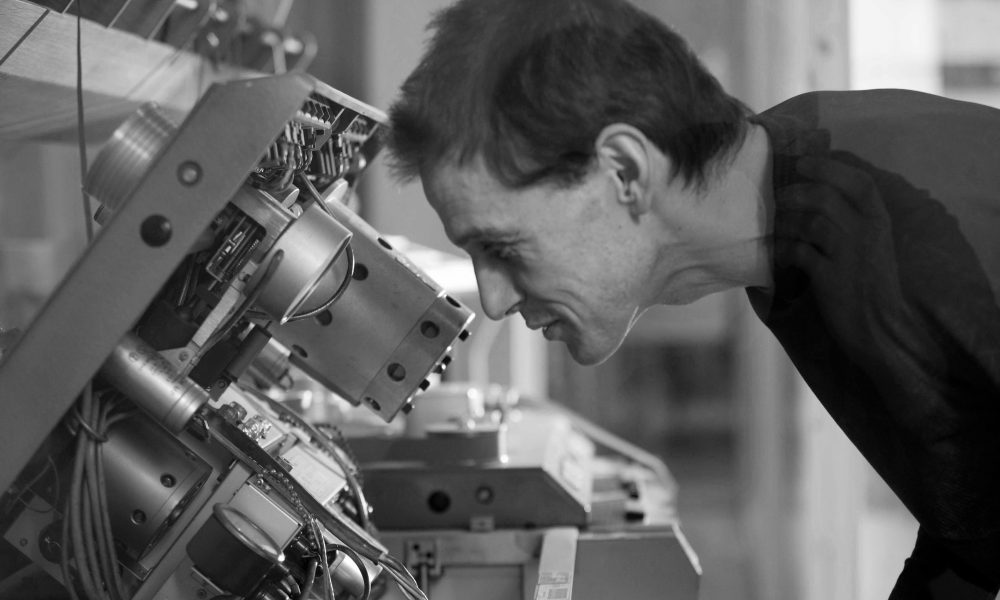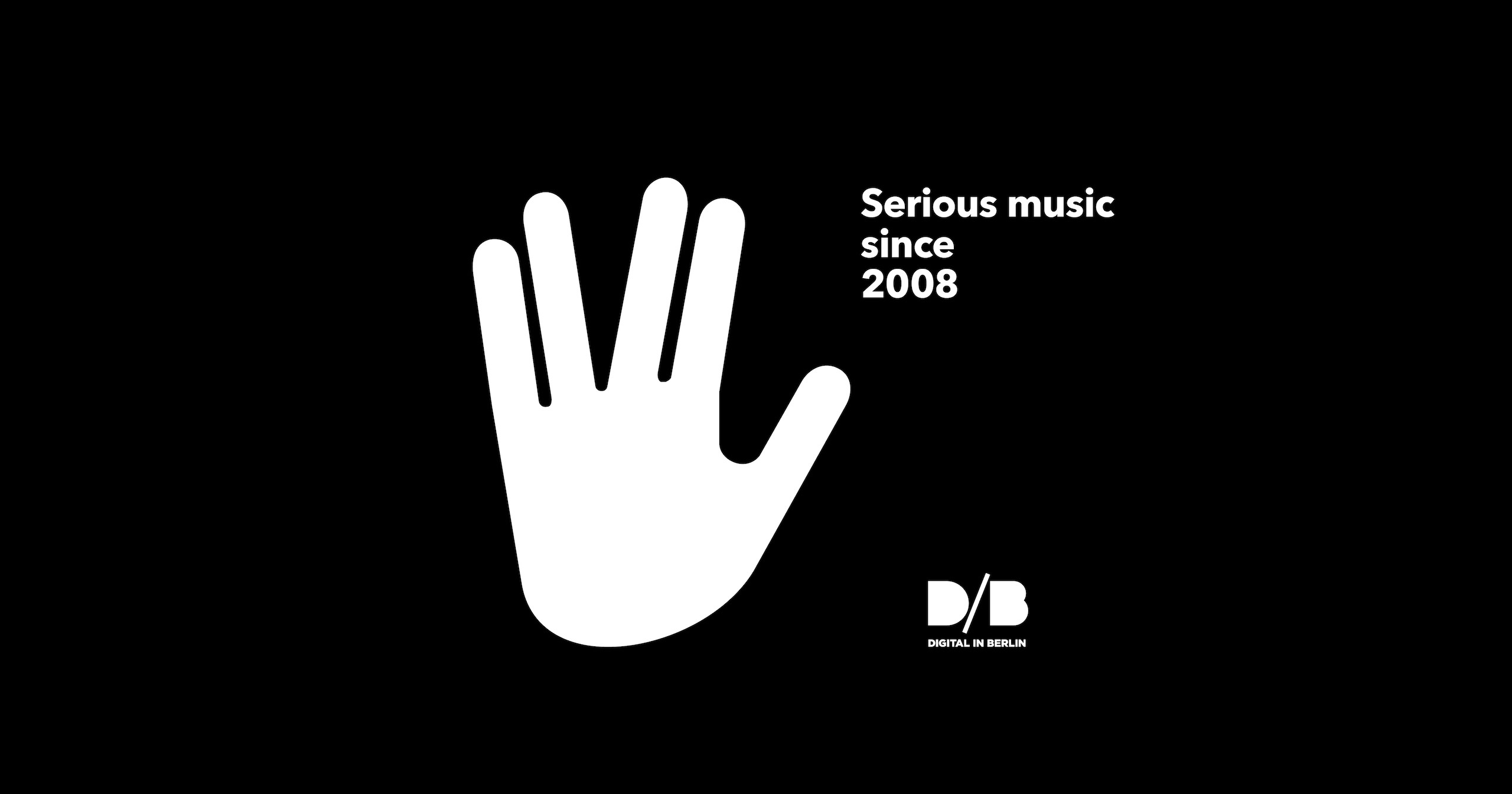Composer, researcher and teacher Marco Stroppa was born in Verona and studied music in Italy (piano, choral music and conducting, composition and electronic music) before pursuing further studies at the MIT’s Media Laboratory in computer science, cognitive psychology and artificial intelligence. Between 1980 and 1984 he worked at the Centre for Computational Sonology at Padova University. In 1982 he was invited by Pierre Boulez to join IRCAM (Paris), and his uninterrupted association with the institute has been crucial for his musical growth. Stroppa founded the composition course at the Bartók Festival in Hungary, where he taught for 13 years. Since 1999 he has taught composition at the Musik Hochschule, Stuttgart, and has also taught at the Conservatoire National Supérieur de Musique, Paris. As an electronic performer he has been closely associated for more than 10 years wich Pierre-Laurent Aimard and the music of Karlheinz Stockhausen.
FACTS:
1: Wikipedia and github are islands of uninterested cooperation.
2: The famous revue ‘The Lancet’ estimated that 9 million people died before their time (16% of the world’s dead) due to illnesses caused by air pollution.
3: Studies of animal behaviour have shown that cooperation and solidarity are much safer social models than competition. Are animals the future of human kind? (title of a book edited by Yolaine de la Bigne, Larousse Edition).
QUESTIONS:
1. What is the biggest inspiration for your music?
It mainly comes from an inner need (to quote Kandinsky). From outside, anything can trigger it.
2. How and when did you get into making music?
There have never been artists in my family, yet I was born with the exclusive wish to be a musician. I must have been the result of a genetic mutation!
3. What are 5 of your favourite albums of all time?
In chronological order, Nikolaus Harnoncourt’s recordings of the operas of Claudio Monteverdi, a composer who wonderfully mastered all the styles of his time. Pierre-Boulez’s recording of Igor Stravinski’s ‘Rite of Spring’ and ‘Petrouschka’ demonstrates how contemporary this composer still is. The CD ‘Light’ (Scriabine and Stockhausen) by Vanessa Benelli Mosell, a brave, original young performer, who can greatly interpret both the historic repertoire and new music. Pierre-Laurent Aimard’s recording of my ‘Traiettoria’, for piano and electronics, while he was 33 years old, revealed to me an instrument that is not only black and white, but full of inspiring colours. ‘Voices of the World: An Anthology of Vocal Expression’ is an impressive path through much vocal music from all over the world.
4. What do you associate with Berlin?
Cultural diversity and freedom, exceptional venues and… too little money.
5. What’s your favourite place in your town?
In Paris, Ircam, in Stuttart, ‘Das Leuze’.
6. If there was no music in the world, what would you do instead?
I would be a deep scuba diver; there is a lot of music under the seas, and one can experience it in 3D!
7. What was the last record/music you bought?
Jordi Savall’s CD-Book ‘The Routes of Slavery’. Alia Vox.
8. Who would you most like to collaborate with?
Since I will be performing in Berlin… the Berliner Philharmoniker.
9. What was your best gig (as performer or spectator)?
When I played my ‘Traiettoria’ and Stockhausen’s ‘Kontakte’ with Pierre-Laurent Aimard and Samuel Favre at The Hub, Edinburgh Festival in August 2013.
10. How important is technology to your creative process?
Technology is only a tool with which I make music and do research. Research is a natural part of my life.
11. Do you have siblings and how do they feel about your career/art?
Two younger brothers, who aren’t musicians. One of them purchases all the CDs with my music.
Marco Stroppa will perform twice at Musikfest Berlin/Berliner Festspiele – on Saturday, 15th and Monday, 17th September – interpretating the work of Karlheinz Stockhausen on both occasions.
Photo © Roberto Masotti

